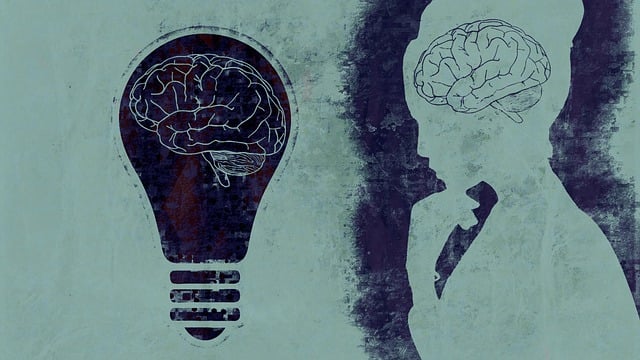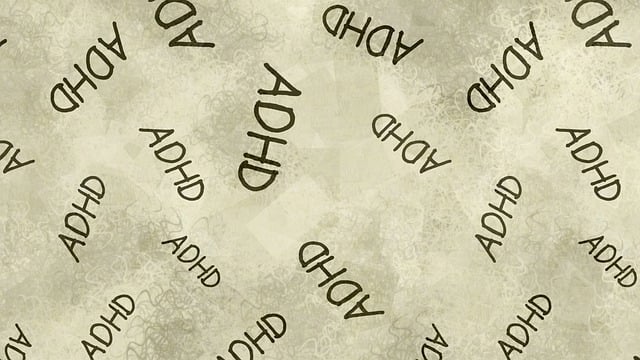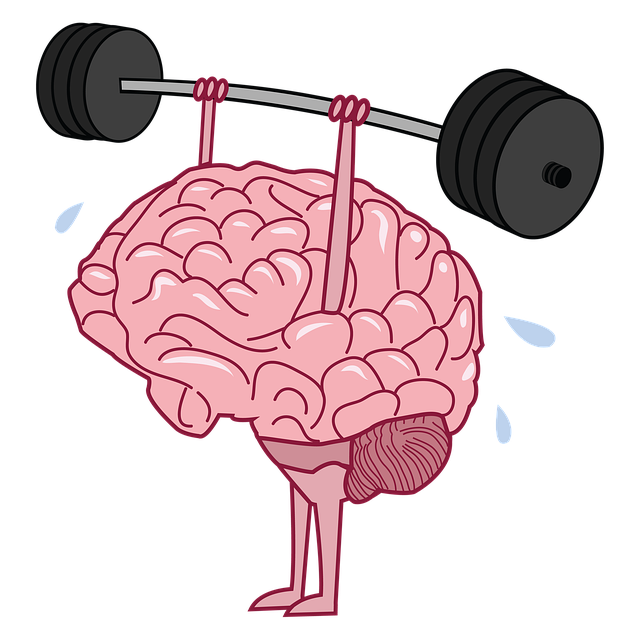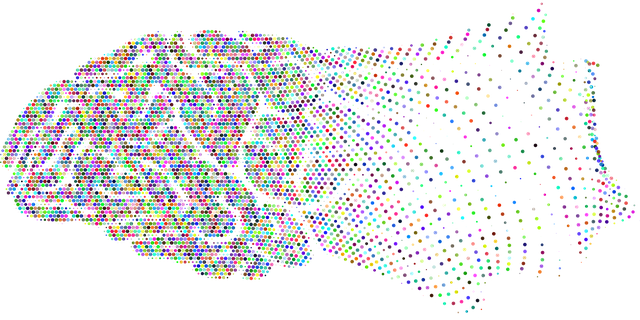Sexual abuse in young adults causes severe trauma, manifest as flashbacks, depression, anxiety, and substance abuse. Tailored therapy focuses on social skills, emotional intelligence, and coping mechanisms to help survivors manage daily life and achieve mental wellness. Specialized support services, including EMDR therapy and self-care practices, empower survivors to overcome challenges without burnout. Increasing access to therapy by addressing stigma and providing safe spaces normalizes conversations around trauma, encouraging victims to seek help, ultimately aiding their healing process.
Trauma support services are vital in addressing the profound impact of sexual abuse on young adults. This article delves into the multifaceted aspects of healing, exploring key areas such as understanding the long-term effects, recognizing trauma signs and symptoms, and the transformative power of therapy. We highlight specialized services tailored to survivors’ needs and strategies to encourage access to much-needed care. By examining these components, we aim to empower young adults affected by sexual abuse and guide them towards recovery through effective therapy.
- Understanding the Impact of Sexual Abuse on Young Adults
- Identifying Signs and Symptoms of Trauma in This Demographic
- The Role of Therapy in Healing and Recovery for Survivors
- Specialized Support Services for Sexual Abuse Survivors
- Encouraging Access to Care: Overcoming Barriers to Treatment
Understanding the Impact of Sexual Abuse on Young Adults

Sexual abuse is a profound form of trauma that can have long-lasting effects on young adults, shaping their mental health and overall well-being. Beyond the initial physical pain, survivors often grapple with complex emotions such as shame, guilt, and fear, which can lead to severe psychological distress. The impact extends beyond individual experiences, affecting one’s ability to form healthy relationships, maintain emotional stability, and even perform daily tasks effectively.
Understanding the scope of this issue is crucial for developing effective trauma support services, particularly those tailored for young adults who have experienced sexual abuse. Therapy plays a pivotal role in helping survivors process their trauma, manage anxiety relief, and develop coping mechanisms. Public awareness campaigns focused on mental health can significantly contribute to breaking down stigma, encouraging individuals to seek help, and ultimately enhancing the availability of resources for young adults navigating the healing journey from sexual abuse.
Identifying Signs and Symptoms of Trauma in This Demographic

Trauma can manifest in various ways among young adults who have experienced sexual abuse, often revealing itself through a range of subtle and not-so-subtle signs and symptoms. Recognizing these is paramount for providing appropriate support. Common indicators include flashbacks or nightmares related to the trauma, avoidance behaviors where individuals distance themselves from people or places that remind them of the event, and heightened irritability or anger issues. Depression, anxiety, and substance abuse are also frequent companions.
Social skills training and emotional intelligence play a crucial role in helping these survivors navigate their daily lives. Therapy for young adults sexual abuse survivors often focuses on developing coping mechanisms to manage these symptoms, enhancing their ability to connect with others, and fostering mental wellness. By addressing these aspects, support services can empower individuals to rebuild their lives and move towards healing.
The Role of Therapy in Healing and Recovery for Survivors

For young adults who have experienced sexual abuse, therapy plays a pivotal role in their healing and recovery journey. It provides a safe space for survivors to process their trauma, emotions, and memories, allowing them to work through the complex impact of such an experience. Through evidence-based therapeutic approaches tailored to their needs, these individuals can begin to understand and challenge the power dynamics and guilt associated with abuse. Therapists skilled in handling sensitive cases offer techniques to manage flashbacks, nightmares, and anxiety, which are common after-effects of sexual trauma.
The process involves exploring and expressing feelings, identifying unhealthy coping mechanisms, and developing healthier strategies for stress reduction. This may include Crisis Intervention Guidance to manage acute distress or Risk Management Planning for Mental Health Professionals to ensure safe practices when dealing with such vulnerable clients. By integrating these support systems into their recovery, young adult survivors can gain a sense of control, build resilience, and work towards rebuilding their lives post-abuse.
Specialized Support Services for Sexual Abuse Survivors

Specialized support services play a pivotal role in aiding Sexual Abuse Survivor, particularly young adults, on their path to healing. Beyond general counseling, survivors often benefit from tailored therapy that addresses the unique complexities of their experiences. Such therapeutic interventions focus on trauma-informed care, providing a safe and non-judgmental space for processing emotions, flashbacks, and nightmares associated with abuse.
One effective approach is Eye Movement Desensitization and Reprocessing (EMDR) therapy, which utilizes specific eye movements to help individuals reprocess traumatic memories. This technique, coupled with communication strategies that encourage open dialogue, can significantly enhance a survivor’s ability to regain control and build resilience. Moreover, building confidence through targeted support is vital; helping young adults develop coping mechanisms and self-care practices empowers them to navigate challenges without succumbing to burnout, a common issue among healthcare providers supporting trauma survivors.
Encouraging Access to Care: Overcoming Barriers to Treatment

Encouraging access to care for young adults who have experienced sexual abuse is a critical step in their journey towards healing and recovery. Barriers to treatment, such as stigma associated with mental illness, can deter survivors from seeking the support they desperately need. Organizations dedicated to trauma support play a vital role in reducing these barriers by providing safe spaces where individuals feel comfortable discussing their experiences. Through tailored programs like stress management workshops, self-esteem improvement initiatives, and peer support groups, these organizations foster an environment conducive to vulnerability and trust.
By addressing the unique challenges faced by young adults recovering from sexual abuse, including past traumas, anxiety, depression, and low self-worth, specialized therapy becomes more accessible. Mental illness stigma reduction efforts within these organizations help normalize conversations around trauma, encouraging survivors to view their experiences as valid and deserving of attention. Ultimately, breaking down these barriers paves the way for individuals to receive the care they require to rebuild their lives and heal from past traumas.
Trauma support services play a vital role in empowering young adults who have experienced sexual abuse. By understanding the unique impact of such incidents and identifying signs early, we can ensure survivors receive the specialized care they need. Accessing therapy tailored to their needs is essential for healing and recovery. Overcoming barriers to treatment is key; society must recognize and address these challenges to foster a supportive environment where every young adult sexual abuse survivor feels encouraged to seek help. With the right resources and understanding, we can make significant strides in supporting and strengthening this vulnerable demographic.














